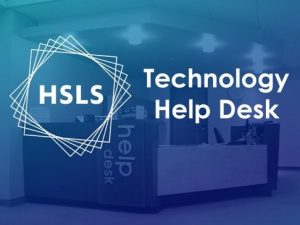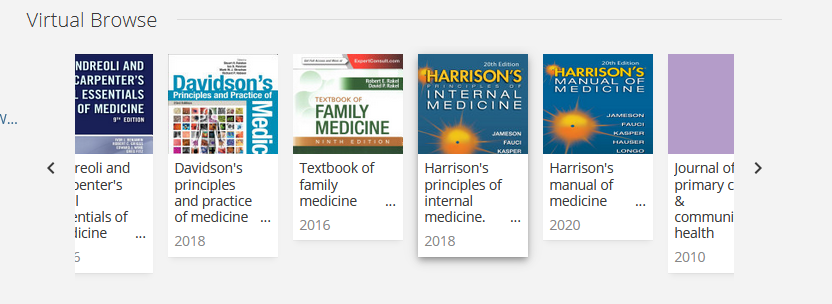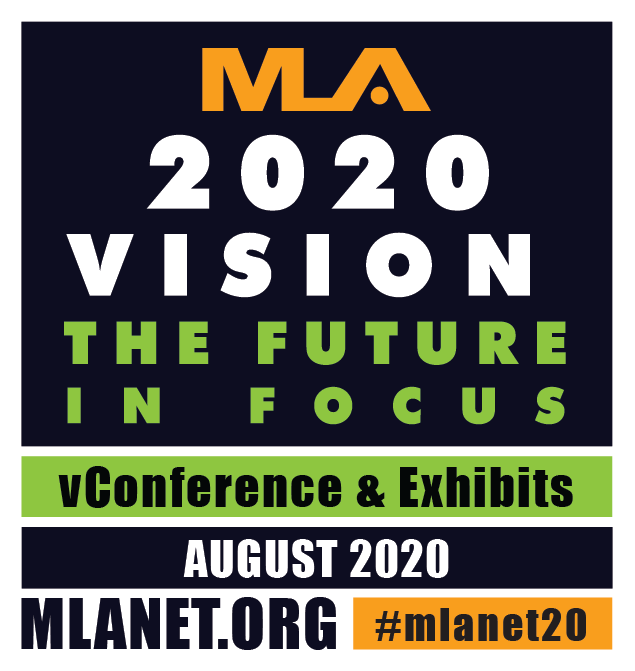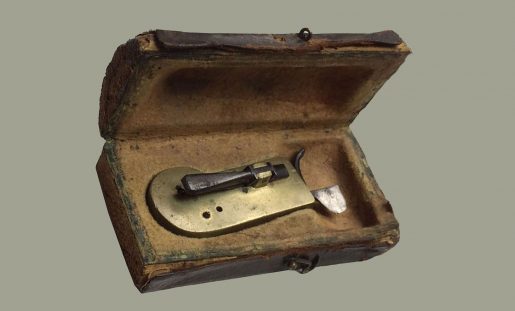Across the diverse fields served by the Health Sciences Library System, one thing is universal: good science depends on good data. Whether you are embarking on your first research project or have dozens of completed studies under your belt, the HSLS Data Services team is here to help you improve the efficiency and reliability of your data-handling workflows at every step in the research process. We offer consultations, classes, and customized trainings on data topics including:
- Organizing and describing files and data—always an important practice, but especially critical at a time when many researchers are working in multiple locations, on distributed teams, or on multiple computers and file servers. These workshops are also recommended for new graduate students to set themselves up with good habits from the beginning.
- Writing a data management plan for funders and publishers, including pre- and post-submission review using DMPTool.

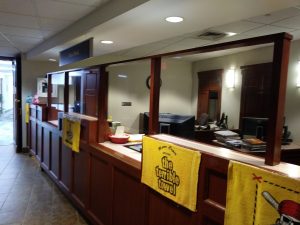 The Falk Library Main Desk has transformed over the past several months to ensure patrons can access our resources and receive library support during the coronavirus pandemic. The Main Desk has reopened with a
The Falk Library Main Desk has transformed over the past several months to ensure patrons can access our resources and receive library support during the coronavirus pandemic. The Main Desk has reopened with a